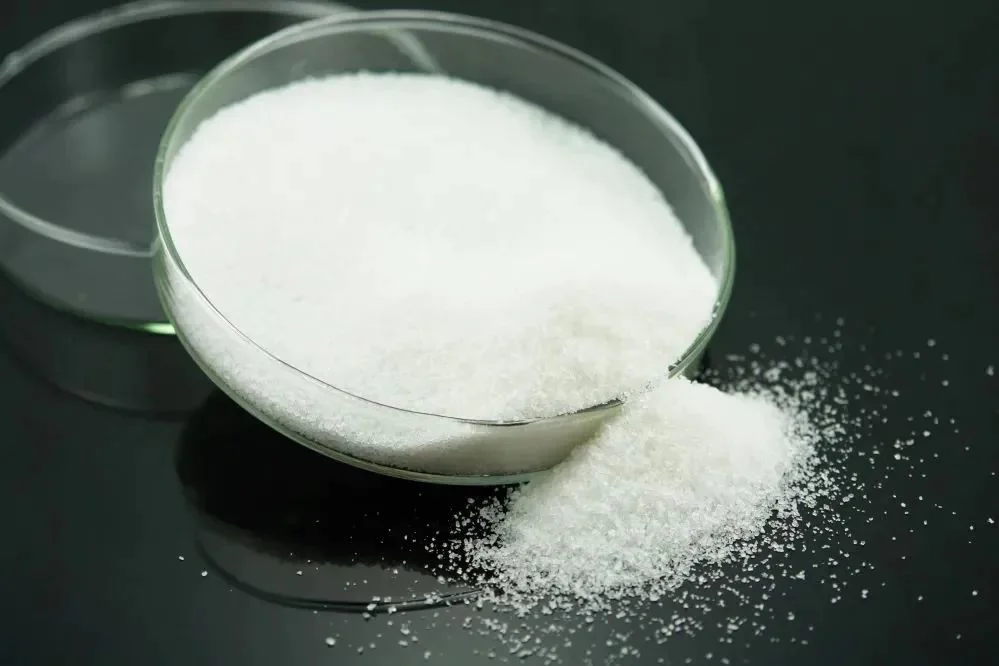With environmental regulations tightening worldwide, non-ionic polyacrylamide (NPAM) is emerging as a popular water treatment agent, especially for acidic wastewater, mining tailings, and coal/sand washing effluents. Unlike anionic or cationic types, NPAM is non-charged, making it highly adaptable to harsh and unstable water conditions.
✅ What Is Non-Ionic Polyacrylamide?
NPAM is a neutral, high-molecular-weight flocculant that works mainly via molecular bridging and adsorption. It performs exceptionally well in acidic or saline wastewater, and is often used together with inorganic coagulants like PAC (poly aluminium chloride) and PFS (poly ferric sulfate).
Compared to anionic or cationic PAM, NPAM maintains strong flocculation ability even when the pH fluctuates or the reaction system is sensitive.
Common applications include:
- Sand washing water treatment
- Coal washing wastewater
- Acidic industrial wastewater
- Municipal sludge dewatering

⭐ 5 Key Advantages of NPAM
1. Neutral Molecular Structure – Adapts to Complex Water Quality
- NPAM is non-charged and has a low hydrolysis degree (0–5%)
- It’s less likely to interfere with cations or metal ions in the water
- Ideal for low-pH and high-hardness wastewater
2. Flocculation via Bridging Adsorption
- Active groups on NPAM chains bond with suspended particles
- Forms large, dense flocs for fast sedimentation
- Fully dissolved NPAM shows excellent bridging performance even at low dosages
3. Low Viscosity, Easy Operation
- NPAM solution is low-viscosity, ideal for automated dosing systems
- Low shear sensitivity—less risk of molecular chain breakage
- Compatible with various equipment and requires lower stirring speeds
4. Ideal for Inorganic Wastewater Systems
- Especially suitable for coal washing, sand washing, and mineral processing tailings
- Solves the issue where anionic PAM flocculates particles but fails to clarify water
5. Improves Sludge Dewatering Efficiency
- In filter press operations (plate-frame, belt, screw press), NPAM enhances:
- Permeability
- Dryness of filter cakes
- Reduces cloth clogging and backpressure
📌 When to Prioritize NPAM?
Consider using non-ionic PAM in the following situations:
- Flocs form but water remains turbid after using anionic PAM
- Treating acidic wastewater, especially with low pH
- Filter cake has high moisture content or sticky texture
- High solids wastewater from sand/coal washing operations

🧾 Conclusion
In industrial wastewater treatment, choosing the right flocculant directly affects efficiency, compliance, and operating costs. Thanks to its neutral charge, broad adaptability, and strong flocculation, non-ionic polyacrylamide is becoming a top pick for challenging water conditions.
💬 Got problems like turbid water, weak flocculation, or low dewatering performance? 📩 Contact us for one-on-one technical guidance and product recommendations!
